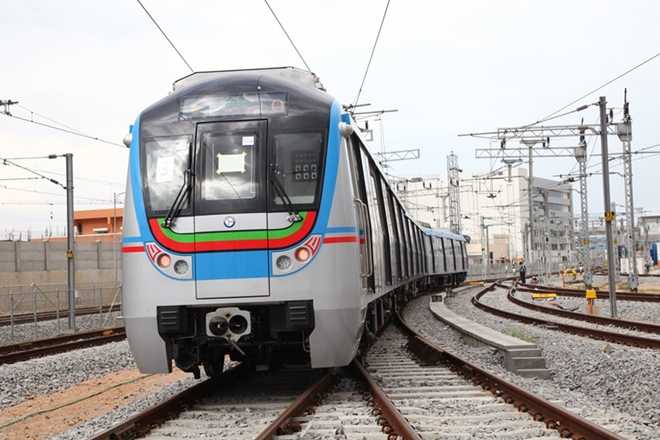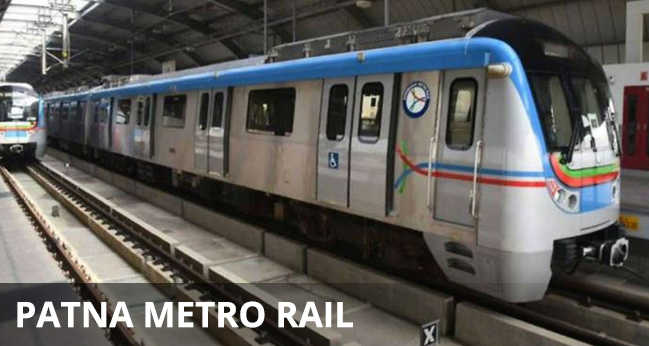The right to shelter for every Indian citizen
 New Delhi: The Union government recently announced that it is considering a proposal to assign infrastructure status to affordable housing sector under an institutional mechanism to be constituted by the ministry of finance.
New Delhi: The Union government recently announced that it is considering a proposal to assign infrastructure status to affordable housing sector under an institutional mechanism to be constituted by the ministry of finance.
Since a long time, the real estate sector has been pitching for an industry status for the sector. As per the Union Minister for Housing and Poverty Alleviation (MoHUPA), this will improve the access to funding and facilitate the establishment of more affordable housing stock within the country.
The minister of MoHUPA also declared that the proposal of ‘Institutional Mechanism (IM) under the Harmonized Master List of Infrastructure sub-sectors’ has already been forwarded to the appropriate quarters. Additionally, the ministry is also taking actions to ensure that the proposal receives due importance.
In the fiscal of 2012, MoHUPA constituted a technical committee to assess housing shortage. In accordance with the technical committee’s assessment, 0.53 million households situated in urban areas were in homeless condition.
According to internationally renowned realty experts, by granting affordable housing an infrastructure status would entitle that the importance of real estate as an industry as well as a vital driver of the economy would officially be acknowledged by the Government.
Additionally, the status would ensure entitlement to the myriad Government subsidies, incentives and tax benefits for the sector. It also opens the sector of real estate up for institutional funding. All these combined would translate into an increased supply of affordable housing units, which would further help keep the rates within check. Furthermore, in a similar fashion of SEZ’s, the Government might also release lands for affordable housing within central locations.
When comparing the Indian scenario with global counterparts, the initiative would go a long way in bridging the widening gap of residential prices. In developed countries such as Germany, the right for adequate housing is entwined into the constitutional rights of citizens. However, all measures taken by the Indian government to alleviate or meet the massive deficit in housing has fallen short so far.
As per an approximation of the Planning Commission, there is a shortage of more than 26 million homes in the urban areas of India. Majority of the shortfall concerns the economically weaker sections having a maximum average household income up to Rs 5,000 per month. This is why extraordinary measures like according infrastructure status housing are the need of the hour.
Key benefits of real estate sector being awarded infrastructure status:
The immediate benefit would be the relaxation of lending norms to realty companies which would undertake affordable housing projects.
Due to lower margins associated with the affordable housing segment, developers are not keen in developing affordable housing projects despite a burgeoning demand for the same. The incentives would fuel the enthusiasm of developers to establish more affordable housing projects.
Income tax benefits would be bestowed on developers.
Banks would consider affordable housing as a priority lending sector, which means the funding will become much easier and at a lower cost.
Even buyers would be benefited by the tax benefits as it would be transferred to them. Cheaper loan availability too would be an added bonus.
Developers would be able to gain access to funds required for expansion plans and other activities.
It would enable the realty sector in raising debt from financial institutions as well as foreign institutional investors (FIIs) at a much lower rate.
The cost of housing would gradually come down.
Projects would be completed at a significantly quicker pace.
Recently, ECB was allowed in affordable housing, however if awarded an industry status even the FDI policy is expected to be made more broad-based, permitting for more foreign realty funds to participate.

If the sector is awarded the status accompanied by a separate policy which creates a simplified approval process of an affordable housing project, it would lead to a substantial investment within this sector.







